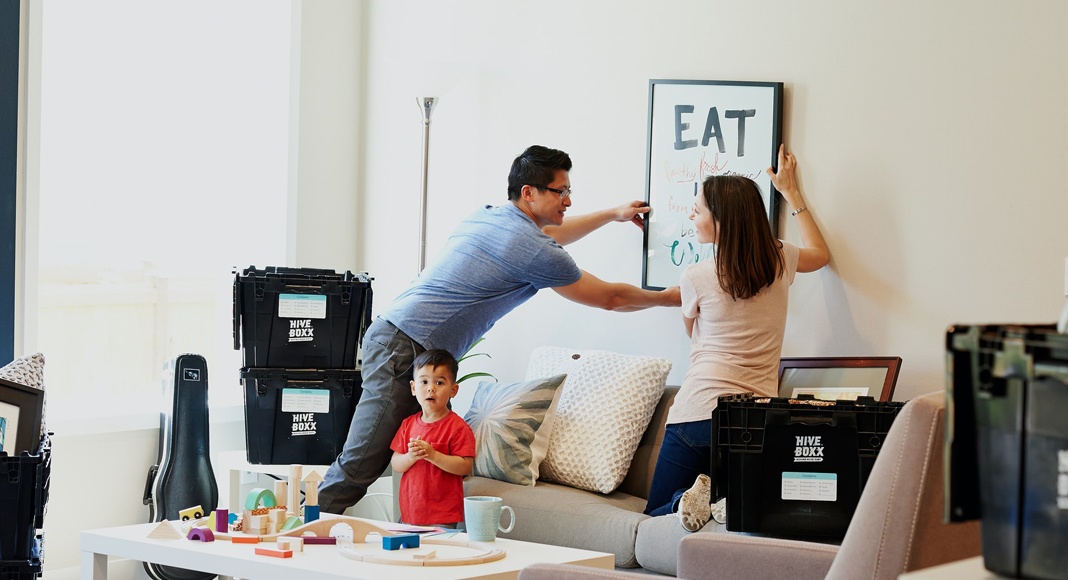
Imagine a world where we all set clear boundaries, say “No” assertively to things that don’t align with our values, and we receive feedback or criticism in a healthy and constructive way. Imagine carrying a pocket- (or purse-) sized toolbox everywhere you go with the necessary tools to handle all the social situations and discomforts you may experience on a daily basis. Now, imagine a world where you are given these tools as a teenager and get to carry them into your adult life. Think back to some of your experiences when you were 14, 15, 16 or even older when the outcome could have been more favorable if you had simply possessed the tools to navigate them differently.
That is exactly what Peter Nieman, Speech Pathologist at EIRMC’s Pediatric Therapy practice is passionate about! Many of you know me personally and know how enamored I am with personal development books and seminars. I am constantly working to grow and better myself as a woman in order to better serve myself, family, friends, and community. I had never considered until today that many of the skills I am working on as a woman in my thirties could be developed as a teenager or even as a child. The difference some of these tools could have made in my life is tremendous and I now dream of a world where children and teenagers learn these skills and develop them as they grow into adulthood. For the purpose of this particular information, I’ll be referring to these skills as they pertain to teenagers in the age range of 14-17, but they can definitely be tailored to your individual child and can be appropriately taught when you feel your child is developmentally prepared.
Tool #1- Developing coping skills and knowing when to use them
As adults, many of us have established particular coping mechanisms that help us manage our many stressors. Things like taking a bath after a long day or going to the gym or maybe getting a massage. We may also have unhealthy coping mechanisms such as overindulging in wine after bedtime or even turning to drugs. Teenagers are very much the same. Biologically, we are all wired to seek some form of “blowing off steam” Fortunately, for teenagers, many of the dangerous or unhealthy coping mechanisms are a bit out of reach and, as moms, we can encourage them to develop healthy coping skills. For example, maybe shooting some hoops, going for a walk, taking a bath, exercise, getting some ice cream with a friend, or reading a book. All of these and many more are healthy ways your teen can decompress after their long or stressful days.
It’s important to talk to your teen to figure out what these coping strategies may be and then set clear boundaries with him/her to ensure space is given to handle emotions in a healthy way. Maybe you can tell your daughter that she can shoot some hoops in the driveway to cool off before she loses her cool or tell your teenage son to go take a short walk to clear his mind. It is important to allow teenagers time and space to handle emotions in a healthy way. At the same time, it can be difficult for a parent to allow a teen his or her space to process. Our parenting instincts kick in and we want to know what’s wrong and how we can help. For that, set clear follow up. Something along the lines of, “Go take a long bath and let’s talk about your day after.” or “Would you like to go shoot some hoops for 30 minutes and then I’ll come join you and we can chat?” It is possible to be involved and communicative with your teen without being overbearing and impeding on his or her ability to learn to process on his or her own. Remember that while you are raising your child, you are also raising a future adult and the teenage years are an especially important time to allow him or her to learn many life skills while you’re still around to provide guidance and support.
Tool #2- Saying “No!” Assertively
This is a tool I think many of us as women still struggle with. Teaching your teenager that he or she has the ability to say “No.” is so important. Many teens are incredibly concerned with appearing “cool” or fitting in. They may feel that saying no to things may make them seem uncool or unlikeable. The reality is that we all have to say no to many things throughout our lives and many of us are still learning this skill without attaching emotions like shame or negativity to them.
Many teens apply unhelpful thoughts to saying no. They may feel that saying no will make them seem rude, unkind, or that it will encourage others to exclude them in the future. Alternatively, the helpful thoughts are that saying no is a way to respect one’s own boundaries and to allow the other party the opportunity to practice accepting no for an answer.
There are several different ways to say no:
-Direct no: “No”
-Reflecting no: “I know you want to talk to me about helping with your idea, but I can’t commit the time to it.”
-Reasoned no: “I can’t volunteer for that activity because my kids are sick at home”
-Raincheck no: “I can’t go to lunch today, but could we do it some time next week instead?”
-Enquiring no: “Is there another way we can get this done?”
-Broken record no: “No. No. No. No” This is especially helpful with peer pressure or repeated requests.
Obviously, different situations call for different types of saying no, but a general rule is to keep it brief, polite, genuine, and don’t feel that you always need to apologize for saying no. Help your teen know and stand firm in his or her values and what is important to spend time on to better serve him or her when having to say no.
Tool #3- Receiving feedback/criticism in an emotionally healthy way
Receiving feedback and/or criticism is inevitable and incredibly important to personal growth. Often times, though, teenagers can become confused or defensive when receiving it. If your teen shuts down or takes feedback personally, it’s important to have an open conversation about why he or she feels that way so the negative feelings can be redirected.
There are a few key things for your teen to remember when receiving feedback:
-Is this person trying to help me?
-Is this someone who is generally kind and loving to me?
-Is this feedback intentionally mean or is it just hurting my feelings unintentionally?
-What can I learn from this?
Once feedback is heard, there are many assertive responses to it:
-Accept it if it’s valid
-Negative Assertion
-Accept that it’s true and openly agree “Yes, I agree that I’m not very tidy”
When dealing with destructive criticism:
-Negative Inquiry
-”What makes you say that? What makes you think I’m shy?”
-Disagree
“Yes, I’m late today, but I am not late all the time”
-Defusing
“You’re unreliable.”
Respond with, “ Yes, I did forget to do that, but I am not wholly unreliable.”
Accepting criticism can be difficult at all ages, but teenagers can be especially sensitive to it. Remember to pay attention to WHAT is being said rather than HOW it is being said. The tone of feedback can easily be misinterpreted, but if the focus is on the words vs the tone, the information may be more easily accepted. Also, teach your teen to listen and then take a moment before responding. Encourage him or her to stop, question to make sure he or she truly understands what was said and ask clarifying questions if necessary, then decide if it’s criticism and if it is valid. Once those steps are complete, he or she is able to more clearly develop an assertive response to it.
Wow, right? If you were reading all of the above and realizing that 1) this is great information for a teenager and also 2) this is NECESSARY information for me as an adult, then welcome to the club. Great social skills take much practice and it is important for all ages to possess a well-stocked tool kit with skills/tools to use as appropriate. I hope these skills can help you better yourself and your families.
If you are interested in your teenager learning better social skills or concerned about their current skills, you may get a referral to EIRMC’s Speech Pathology program directly from your pediatrician.












